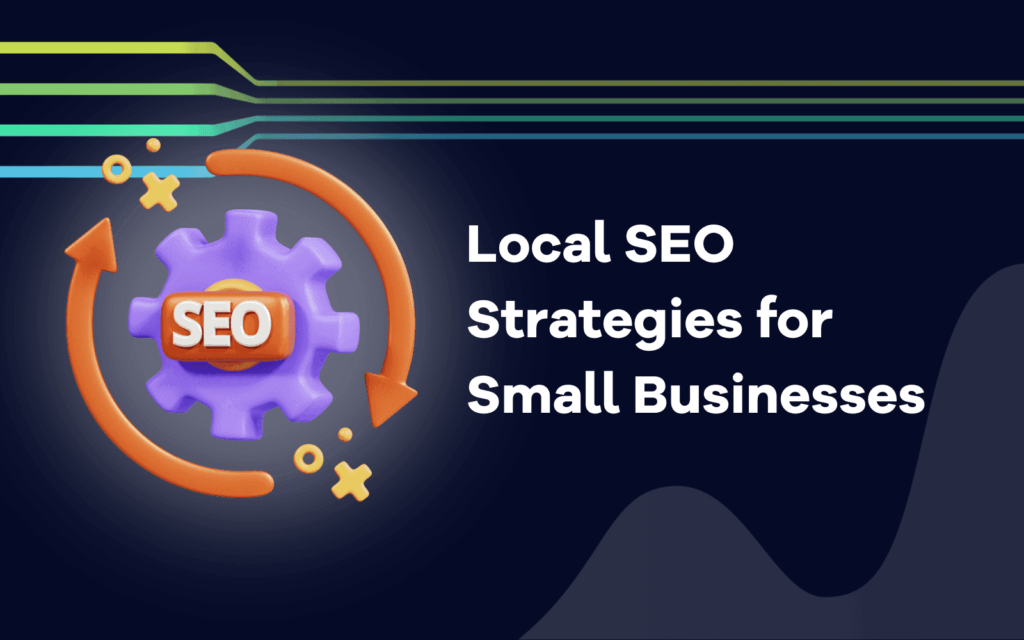Power of Local SEO
In today’s digitally-driven world, local search engine optimization (SEO) has emerged as a game-changer for small businesses aiming to enhance their online visibility and attract nearby customers. With a strategic approach to local SEO, small businesses can level the playing field against larger competitors and establish a strong presence in their target market. Here’s a comprehensive guide to mastering local SEO and unlocking the full potential of your small business:

Claim Your Google My Business Listing:
Start by claiming and optimizing your Google My Business (GMB) listing. Provide accurate and detailed information about your business, including your address, phone number, website, business hours, and categories. Encourage satisfied customers to leave positive reviews, as they can significantly impact your local search ranking.
Optimize for Local Keywords:
Conduct keyword research to identify local search terms relevant to your business and location. Integrate these keywords naturally into your website’s content, including titles, headings, meta descriptions, and body text. By optimizing for local keywords
Create Location-Specific Landing Pages:
If your business serves multiple locations, create dedicated landing pages for each location. Customize the content to cater to the unique needs and preferences of customers in each area. Include location-specific keywords, testimonials from local customers, and details about nearby landmarks or attractions to enhance relevance and improve your local SEO performance.
Consistent NAP Information:
NAP (Name, Address, Phone Number) consistency is crucial for local SEO success. Ensure that your business’s NAP information is consistent across all online platforms, including your website, GMB listing, social media profiles, and online directories. Inaccurate or inconsistent NAP information can confuse both users and search engines, negatively impacting your local search ranking.

Optimize for Voice Search:
With the rising popularity of voice-activated devices and virtual assistants, optimizing for voice search is becoming increasingly important for local businesses. Providing concise and relevant answers to commonly asked questions can improve your chances of appearing in voice search results.
Local Link Building:
Earn local backlinks from authoritative websites and directories within your community. Partner with local businesses, sponsor events or charities, and participate in community activities to build relationships and earn valuable backlinks. Local backlinks signal relevance and authority to search engines, boosting your local search ranking and credibility within your area.
Optimize for Mobile:
Ensure that your website is mobile-friendly, with responsive design, fast loading times, and easy navigation. Optimize your Google My Business listing for mobile devices, as well, to provide a seamless experience for mobile users.
Utilize Local Structured Data Markup:
This structured data helps search engines understand and display relevant information about your business in local search results, improving visibility and click-through rates.
Monitor and Respond to Reviews:
Monitor customer reviews across various platforms, including Google My Business, Yelp, and social media. Encourage happy customers to leave reviews and address any concerns or feedback to maintain a positive online reputation and improve your local SEO performance.
Track and Analyze Your Results:
Regularly monitor your local SEO performance using analytics tools like Google Analytics and Google Search Console. Track key metrics such as local search rankings, website traffic, and conversion rates. Analyze the data to identify areas for improvement and adjust your local SEO strategy accordingly to maximize your small business’s online visibility and success.

Conclusion
By implementing these ten actionable strategies, small businesses can harness the power of local SEO to reach their target audience, drive foot traffic to their physical locations, and ultimately, grow their customer base and revenue. With dedication, consistency, and a focus on delivering value to local customers, small businesses can thrive in today’s competitive digital landscape.

